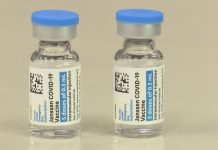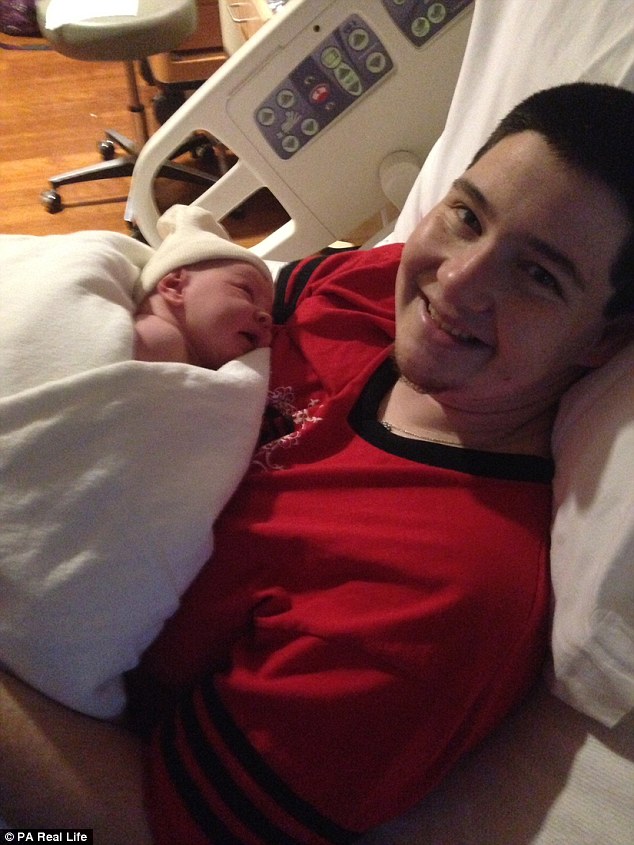
Changes in gene activity may one day reveal the time of death for crime victims.
Researchers led by Roderic Guigó from the Center for Genomic Regulation in Barcelona examined RNA sequencing data from the Genotype-Tissue Expression (GTEx) project to find that changes in gene expression occur shortly after death. Rather than representing stochastic variation due to mRNA degradation, they reported that these changes appear to result from active regulation of transcription. The researchers’ results were published today in Nature Communications.
“We identify the cascade of molecular events triggered by death specifically in the blood transcriptome,” Guigó and his colleagues wrote in their paper.
These death-induced transcriptional changes could influence the findings of studies that rely on post-mortem tissue, the researchers said, adding that they could also be markers for the time since death and aid forensic investigations.
Guigó and his colleagues analyzed mRNA sequencing data from the GTEx project, focusing on 36 tissues for which there were more than 20 samples. In all, their set encompassed 7,105 samples from 540 donors. For the donors, the post-mortem interval — the time elapsed between death and sample collection — was known.
The researchers queried whether the expression of any genes in those tissues changed upon death. They found whether or not any expression changes occurred depended upon the tissue type — no genes in the cerebellum showed differential expression, but more than 600 in muscle tissue did. Which genes are affected doesn’t appear to be conserved across tissues, the researchers said.
Muscle tissue, in particular, exhibited an early response to death, the researchers noted, while other tissues had later responses, some 4 hours to 6 hours after death, or even 6 hours to 15 hours after death.
The researchers also focused on changes that occurred in the blood, as they had samples that were collected both before and after death. In the blood, they found that the expression of some genes changed right away after death, though most of the gene expression changes took place later, between 7 hours and 14 hours after death. These genes fall into five broad functional categories, including immune system deactivation, cell necrosis, and inactivation of carbohydrate metabolism, lipid synthesis, and ion transport.
While Guigó and his colleagues found that tissues’ transcriptional signatures were largely intact after death, they noted that the variations that do crop up could confound studies that compare tissues, since the post-mortem expression changes vary by tissue. However, they found that effect of time since death on gene expression is modest and can be controlled for. A linear regression model they built that incorporated more than a dozen variables such as medical history and quality control measures, was able to reduce the number of genes per tissue that correlated with the post-mortem interval to 54 from 6,919.
At the same time, the researchers noted that these gene expression changes could be used to gauge time since death. They used RNA-seq data from 399 individuals to train a machine-learning model to predict the post-mortem interval from each tissue separately and then tested the model on 129 samples. They found that it was largely accurate and consistent across the tissue assessed. When they whittled down the number of samples to the fewest needed for a good estimate, they noted that easily accessible tissues like adipose and skin were among the best tissues to use to gauge time since death.
“We show that RNA-seq performed on a few key tissues could become a powerful tool to aid in forensic pathology,” the researchers wrote.













